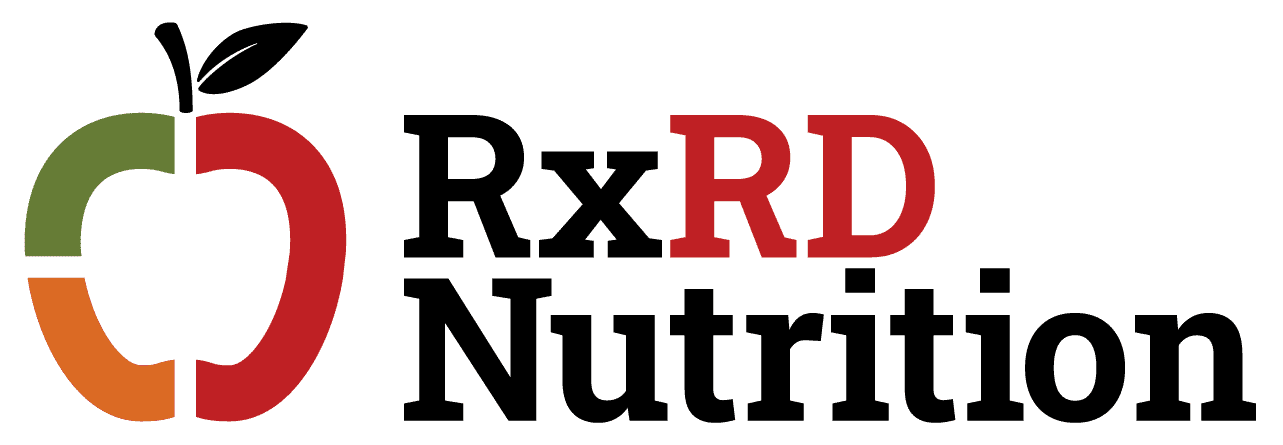Looking at fat oxidation and how nutrition plays a role during exercise
The motivation to exercise is often driven by the desire to look and feel good. And I know you’re probably thinking, if only fat just melted right off. Well I’m here to break the bad news to you. It doesn’t work that way!
You have probably heard the phrase “you can’t outrun a bad diet.” Well yeah, that is true. Look, you can be the fastest person in the world, or lift the heaviest weights in the gym, but if you don’t eat well, you’re not going to see the results you’re looking for!
So let’s dive into the science because at the end of this article, you should not only know if nutrition can help you burn more fat, but you know how it does.
How does the body provide energy during exercise?
During exercise, energy is supplied to the body through fat and carbohydrates (carbs). During lower intensity exercise, fat is the dominant energy source, and during higher intensity exercise, carbs are the dominant energy source.
Our bodies tend to rely on stored carb stores, known as glycogen. However, we can also consume carbs to give the body energy which helps to prevent glycogen stores from running out. This is necessary when performing endurance exercise or long periods of physical activity. Have you heard of the term “bonking?” Well that occurs if you run out of energy and it’s not a fun feeling!
How can I burn more fat?
Okay, time to get to the question you’ve been waiting for. What can I eat to burn more fat? The truth is, there is no one magical food that will help you burn more fat. Studies have shown that ingesting carbs prior to exercise results in decreased fat oxidation, and there is some evidence that working out in a fasted state can increase fat oxidation. But one thing that is important to note is that burning more fat does not mean performance increases! In the end, if you’re trying to achieve a weight loss goal, you want to burn more calories and while working out in a fasted state may sound ideal to burn fat, the truth is eventually you’re going to run out of energy and won’t be able to put in maximal effort. This will result in reduced exercise time which means lower calorie burn. Just because you’re using fat for energy, it doesn’t mean you’re burning more calories and that won’t get you to your body composition goals.
Can I take “Fat Burners” when exercising?
The real question is should you take fat burners in general? Fat burners contain several different natural ingredients that are assumed to help burn fat such as green tea extract and black currant.. When it comes to ingesting green tea extract and black currant prior to exercise to burn fat, research is limited. I’m not saying there’s no hope … in fact a very small amount of studies have shown that when green tea ingestion may increase fat oxidation at rest, and high doses of black currant may increase fat oxidation during moderate exercise. But the research is just not there yet. So if you’re looking to spend useless money to support the growing billion-dollar supplement industry, then fat burners are it!
Key Takeaways from a Dietitian:
There is a place and time to focus on optimizing burning fat during exercise. If you are planning on exercising at a lower intensity for a short duration of time, then you can workout in a fasted state and still get in a good calorie burn. This is also more beneficial if you are working out earlier in the day. If you’re scheduled for the 5:30 pm evening workout class, then please eat throughout the day!
However, if it’s competition day or you’re planning on going for a long run, then it is better to fuel your body with what it needs! If you run out of fuel, your performance will be impacted and you’re going to crash. This is exactly what we don’t want to happen.
So be realistic when it comes to your goals. Regardless if you’re using fat or carbs for energy, you’re still exercising and that’s still going to help you reach your goals.
Resources:
Randell, R. K., & Spriet, L. L. (2020). Nutrition factors that affect fat oxidation rates during exercise. Sports Science Exchange, 29(206) 1-5. https://www.gssiweb.org/docs/default-source/sse-docs/randell-spriet_sse_206_a03.pdf?sfvrsn=2
Matt provides nutrition education and lifestyle changes to help people become their healthiest self inside and out.
About us